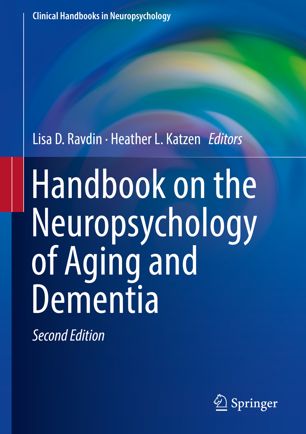

Most ebook files are in PDF format, so you can easily read them using various software such as Foxit Reader or directly on the Google Chrome browser.
Some ebook files are released by publishers in other formats such as .awz, .mobi, .epub, .fb2, etc. You may need to install specific software to read these formats on mobile/PC, such as Calibre.
Please read the tutorial at this link: https://ebookbell.com/faq
We offer FREE conversion to the popular formats you request; however, this may take some time. Therefore, right after payment, please email us, and we will try to provide the service as quickly as possible.
For some exceptional file formats or broken links (if any), please refrain from opening any disputes. Instead, email us first, and we will try to assist within a maximum of 6 hours.
EbookBell Team

0.0
0 reviewsThis comprehensive update offers practical advice for professionals working in
neuropsychology with older adults. Focusing on fundamentals, common issues,
special considerations, and late-life cognitive disorders, respected names in this critical
specialty address a wide range of presenting problems and assessment, diagnostic,
and treatment concerns. Th roughout, coverage pays keen attention to detail, bringing
real-world nuance to large-scale concepts and breaking down complex processes into
digestible steps. And like its predecessor, the new Handbook features recommendations
for test batteries and ends each chapter by extracting its “clinical pearls.”
A sampling of the topics covered:
• Assessment of depression and anxiety in older adults.
• The assessment of change: serial assessments in dementia evaluations.
• Elder abuse identifi cation in older adults.• Clinical assessment of postoperative cognitive decline.
• Cognitive training and rehabilitation in aging and dementia.
• Diff erentiating mild cognitive impairment and cognitive changes of normal
aging.
• Evaluating cognition in patients with chronic obstructive pulmonary disease.
This Second Edition of the Handbook on the Neuropsychology of Aging and Dementia
offers a wealth of expert knowledge and hands-on guidance for neuropsychologists,
gerontologists, social workers, and other clinicians interested in aging. Th is can be a
valuable reference for those studying for board certifi cation in neuropsychology as well
as a resource for veteran practitioners brushing up on key concepts in neuropsychology
of age related disorders.